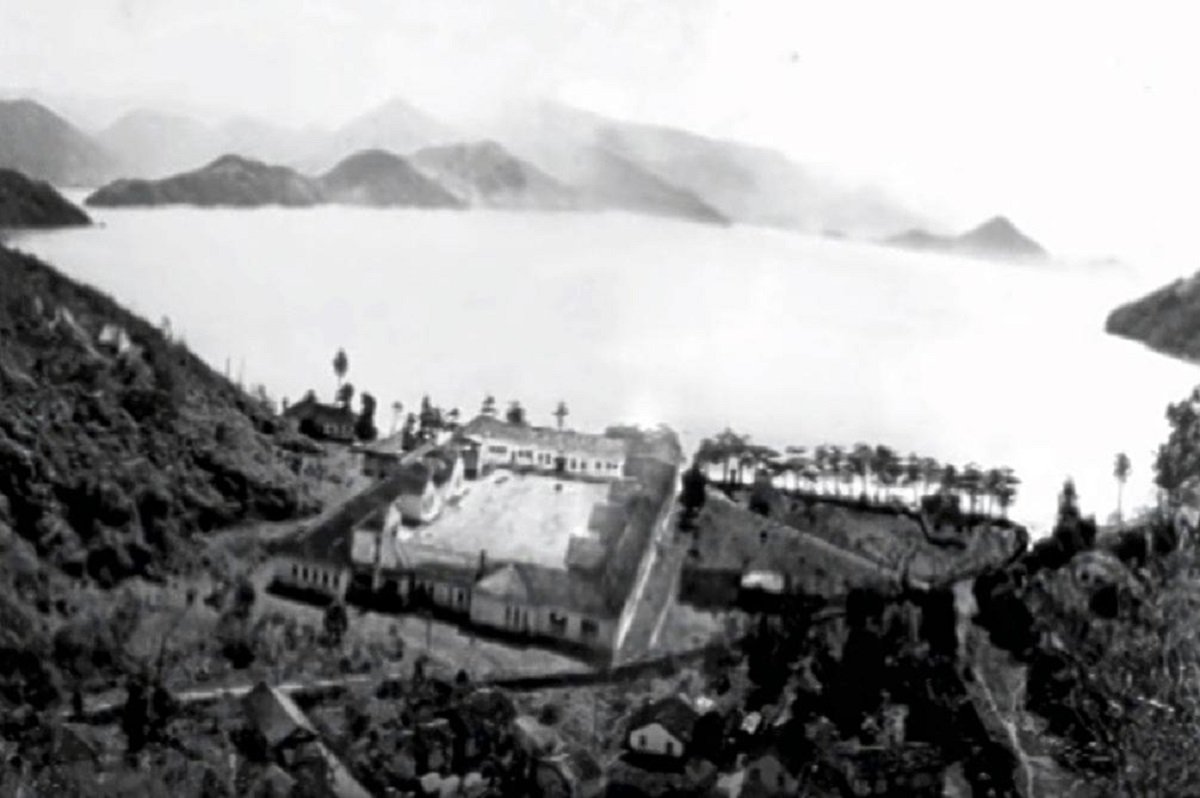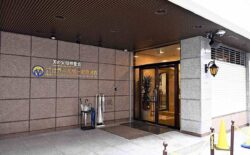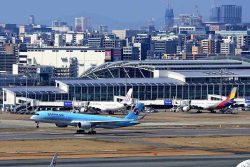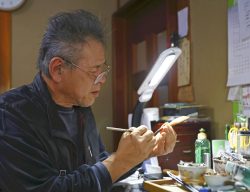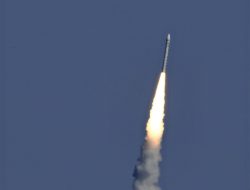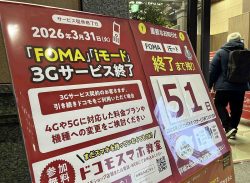Apology By Brazil’s Govt May Shed Light on Persecution of Japanese; Japanese-Brazilian Groups Hope to Prevent Future Tragedies
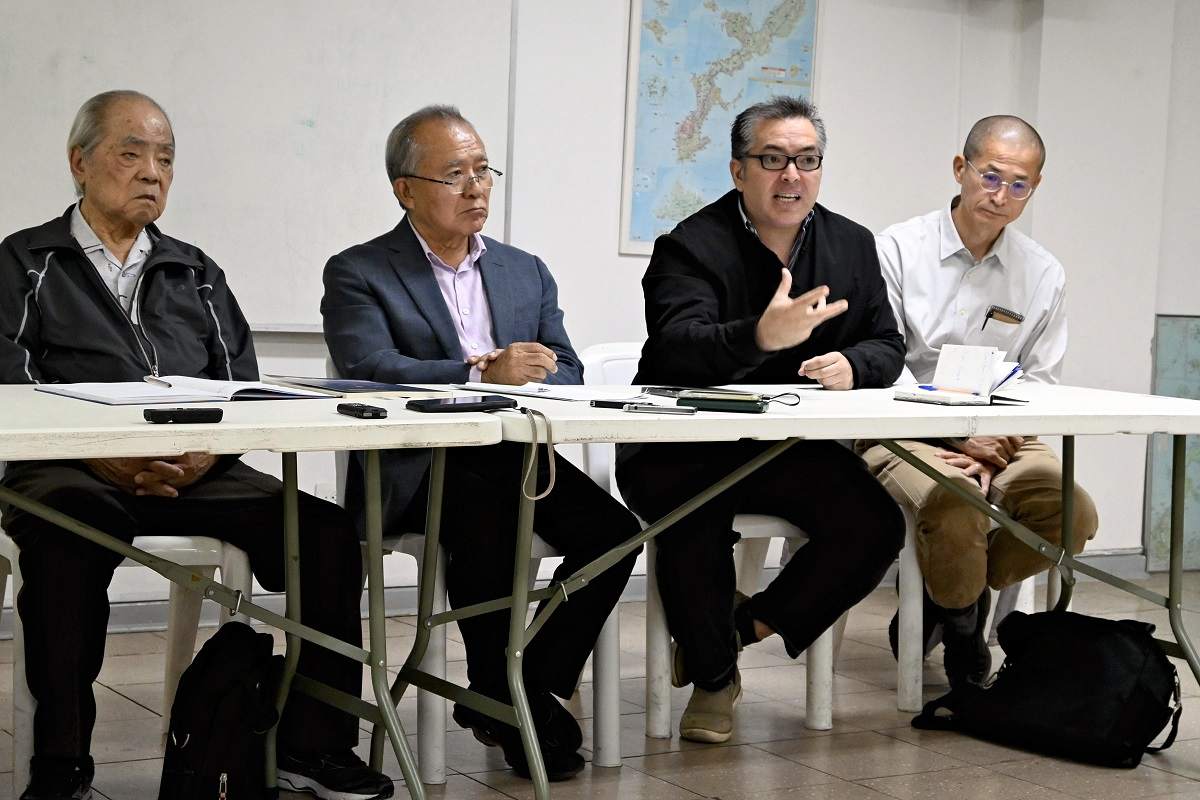
Mario Okuhara, second from right, and Akira Miyagi, left, attend a press conference in Sao Paulo on Tuesday.
1:00 JST, May 24, 2024
RIO DE JANEIRO — Light may soon be shed on the World War II-era persecution of Japanese immigrants in Brazil, following a recent decision to review demands by Brazilians of Japanese descent for an apology. The chairperson of the Brazilian government’s amnesty committee has indicated plans to apologize.
That chairperson, Enea Almeida, indicated that the intent was to settle the Japanese persecution issue entirely, stating that any apology would be “directed toward all Japanese-Brazilians and their descendants who live in Brazil.”
It seems that the apology will cover the incidents over a period which began in 1946 and lasted about two years, during which Japanese people were sent to a prison off the coast of Sao Paulo. Before WWII, 189,000 people are estimated to have moved from Japan to Brazil. During the war, Brazil sided with the Allies, and Japan became an enemy state, but even after peace returned, anti-Japanese sentiment remained strong.
The Japanese community at the time was divided between “winners” and “losers” — those who believed Japan had been victorious in WWII and those who acknowledged Japan’s defeat, respectively. This division led to incidents of violence between Japanese people, in which some people were killed and others injured. The Brazilian authorities responded to this by sending many of the “winners” to prison as terrorists. However, 70-80% of those imprisoned are believed to have been innocent of any crime.
At a press conference on Tuesday, third-generation Japanese-Brazilian Mario Okuhara, along with others who have been demanding an apology, expressed the belief that “It’s necessary to ensure that similar tragedies do not happen to anyone, not just Japanese people.”
Groups such as an association of people of Okinawan descent, are also demanding an apology for a 1943 incident in Santos, on the outskirts of Sao Paulo, in which about 6,500 Japanese immigrants were ordered to be expelled. Although at the moment the committee is discussing cases that took place during and after 1946, Almeida has hinted that the 1943 incident could also be included in the apologies.
Top Articles in World
-

Israeli Ambassador to Japan Speaks about Japan’s Role in the Reconstruction of Gaza
-

Videos Plagiarized, Reposted with False Subtitles Claiming ‘Ryukyu Belongs to China’; Anti-China False Information Also Posted in Japan
-

Nepal Bus Crash Kills 19 People, Injures 25 Including One Japanese National
-

South Korea Tightens Rules on Foreigners Buying Homes in Seoul Metro Area
-

Ukrainian Ambassador Closely Watching Japan’s Revision of Defense Export Rules, Hopes for Future Arms Support
JN ACCESS RANKING
-

Producer Behind Pop Group XG Arrested for Cocaine Possession
-

Japan PM Takaichi’s Cabinet Resigns en Masse
-

Man Infected with Measles Reportedly Dined at Restaurant in Tokyo Station
-

Israeli Ambassador to Japan Speaks about Japan’s Role in the Reconstruction of Gaza
-

Videos Plagiarized, Reposted with False Subtitles Claiming ‘Ryukyu Belongs to China’; Anti-China False Information Also Posted in Japan
